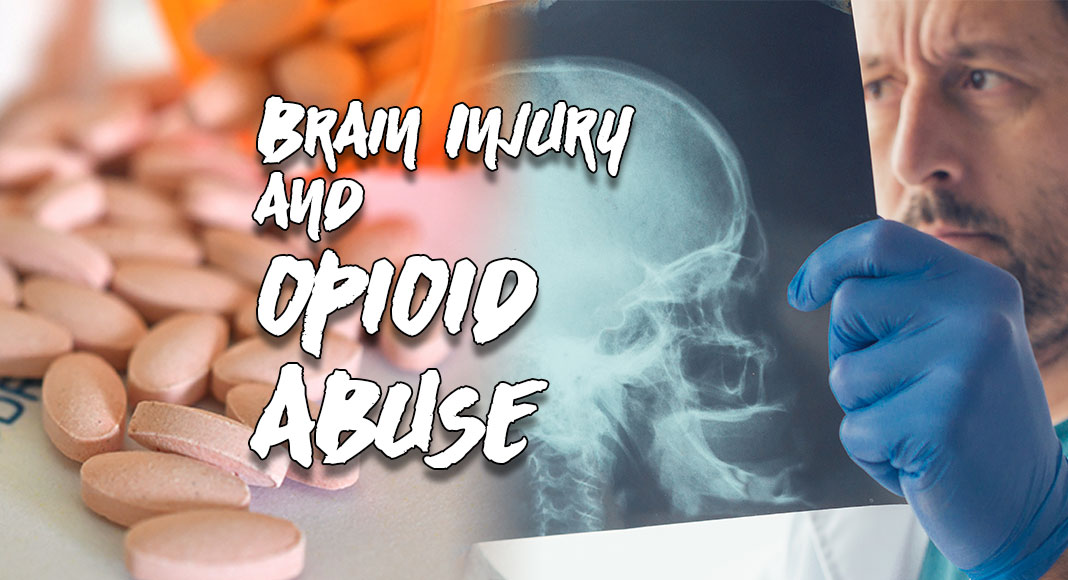
Mega Doctor News
Newswise – Adults with a history of traumatic brain injury (TBI), even years previously, are at increased risk of use and misuse of prescription opioid medications, reports a study in the September/October special issue of the Journal of Head Trauma Rehabilitation (JHTR). The official journal of the Brain Injury Association of America, JHTR is published in the Lippincott portfolio by Wolters Kluwer.
After adjustment for other factors, “[P]ersons with TBI compared to those without had over 52 percent increased risk for using prescription opioids in the past year, and over 65 percent increased risk for prescription opioid misuse,” according to the report by Rachel Sayko Adams, PhD, MPH, of Brandeis University, Waltham, Mass. The JHTR special issue presents eight invited research papers providing evidence for the hypothesis linking a history of TBI to a unique pattern of increased vulnerability to pain and other interrelated risks for opioid use and its potential consequences, including overdose.
New data support ‘Perfect Storm’ hypothesis of opioid risks after TBI
The study included data on nearly 3,500 participants from a 2018 study of health risks among adults in Ohio. Overall 22.8 percent of participants said they had at least one TBI sometime in their lives. Of these individuals, more than two-thirds had had a TBI with loss of consciousness, most before age 20.
One-fourth of participants (25.5 percent) reported using a prescription opioid in the past year. About three percent met criteria for prescription opioid misuse – defined as using opioids more frequently or in higher doses than prescribed and/or using a prescription opioid not prescribed to the respondent. (The study did not address use of illicit opioids, such as heroin, following TBI – a gap in knowledge requiring further research.)
Participants with a history of TBI were more likely to report prescription opioid use in the past year: 30.9 percent, compared to 23.9 percent of those without a TBI history. After controlling for demographic factors (sex, age, race/ethnicity, and marital status), history of TBI was associated with a 52 percent increase in the odds of prescription opioid use and a 65 percent increase in the odds of prescription opioid misuse.
The findings support the hypothesis – outlined by Dr. Adams and other TBI researchers, in a paper published last year – that persons with a history of TBI face a three-phase “Perfect Storm” of increased opioid risks:
- Phase I: Greater exposure to opioids related to pain and other factors following TBI
- Phase II: Greater likelihood of progression to long-term opioid treatment, opioid misuse, or diagnosed opioid use disorder (OUD)
- Phase III: Greater barriers to successful treatment for patients with TBI who develop OUD.
These “cascading vulnerabilities” may combine to lead to potential consequences of opioid misuse and OUD, including increased risk for overdose and suicide.
The special issue papers add to the growing body of evidence that persons with a history of TBI are more likely to be treated with prescription opioids (Phase I), in both civilian and military settings. Some papers provide new evidence that a history of TBI is associated with increased odds of opioid misuse (Phase II), in adolescents as well as adults. So far, there have been few studies investigating if TBI leads to increased obstacles to OUD treatment (Phase III).
Persons with TBI are at increased risk for pain, which is thought to be an important driver of their increased opioid risks. One of the new studies finds that opioids are more likely to be prescribed for patients with comorbid pain and/or psychological health conditions after TBI. Previous research has found that alcohol or drug use is a risk factor for TBI, and persons with TBI are at elevated risk for substance use after injury. The new studies in the special issue suggest that prescription opioid use follows a similar cyclical pattern with TBI as alcohol or other drugs.
“Empirical investigation into each element of the ‘perfect storm’ is needed to identify treatment targets and prevention opportunities,” Dr. Adams writes in an introduction to the special issue. She and her colleagues believe that substance use treatment providers need to be trained to screen for and address problems related to a history of TBI, while rehabilitation professionals treating TBI patients should perform screening for at-risk substance use.









